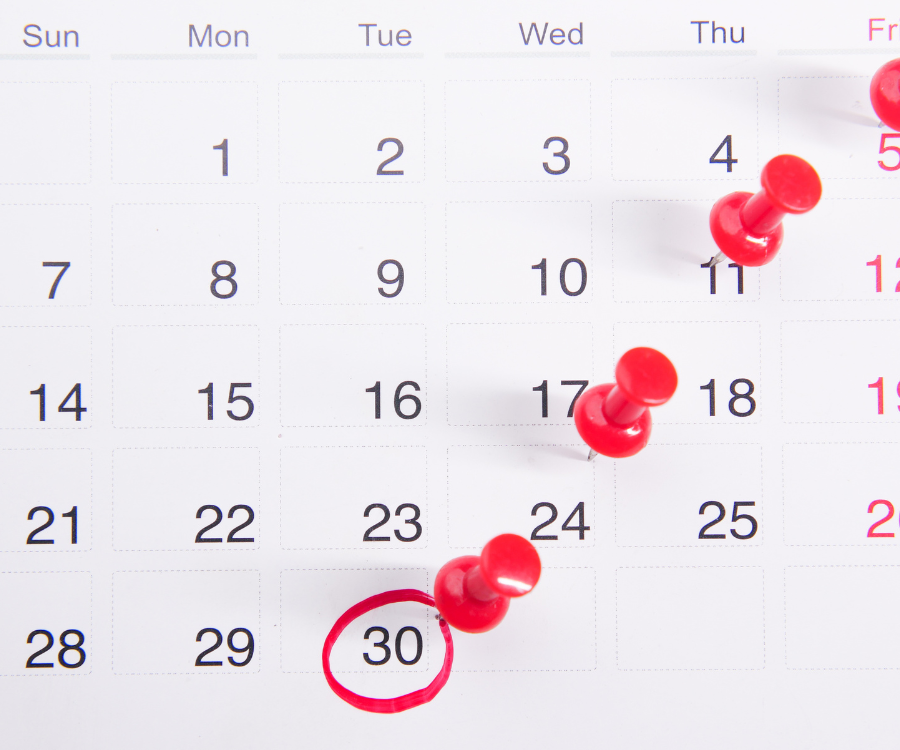Daily vs. Monthly Contact Lenses: Which is Right for You?
Choosing the right contact lenses can feel overwhelming. With so many options available, from daily disposables to monthly wear, how do you know which is the best fit for your lifestyle, eye health, and budget?
This blog post breaks down the pros and cons of daily vs. monthly contact lenses to help you make an informed decision.
Understanding the Basics
- Daily Disposable Lenses: These are designed for a single day of wear. You put in a fresh pair each morning and throw them away at the end of the day.
- Monthly Lenses: These are designed to be worn for up to 30 days. You clean and store them nightly in a special solution and replace them with a new pair after a month.
Pros and Cons of Daily Disposable Contact Lenses
Pros:
- Ultimate Convenience & Hygiene: Dailies are the most convenient option. No need to worry about cleaning solutions, lens cases, or a nightly routine. This “fresh pair every day” approach significantly reduces the risk of eye infections and irritation caused by buildup on the lens surface.
- Ideal for Allergies: If you suffer from seasonal allergies, daily lenses are a game-changer. Pollen and other allergens can stick to the surface of reusable lenses, causing discomfort. With dailies, you get a fresh, clean lens every single morning.
- Perfect for Part-Time Wear: Do you only wear contacts for sports, special occasions, or weekends? Dailies are an excellent choice. You only open a new blister pack when you need it, which can be more cost-effective than a full box of monthly lenses.
- No Solution, No Problem: Traveling is easier without having to pack bulky bottles of contact lens solution.
Cons:
- Higher Cost: Daily disposable lenses are generally more expensive than monthly lenses on a per-lens basis. Over the course of a year, this can add up significantly.
- Environmental Impact: The single-use nature of dailies generates more waste (blister packs and lenses). While some brands offer recycling programs, it’s a valid concern for the environmentally conscious consumer.
- Running Out: You might find yourself running low on your supply if you don’t order in advance, potentially leaving you without lenses.
Pros and Cons of Monthly Contact Lenses
Pros:
- Budget-Friendly: If you wear contact lenses every day, monthly lenses are typically the most economical option. A single box lasts much longer, making them more affordable in the long run.
- Less Waste: Since you’re using fewer lenses over the year, you’re also generating less plastic waste, making them a more eco-friendly choice.
- Convenient for Routine Wearers: For someone who wears contacts daily, the nightly cleaning routine becomes a quick and easy habit.
- Advanced Materials: Many monthly lenses are made from highly breathable silicone hydrogel materials, which allow more oxygen to reach the cornea, promoting eye health.
Cons:
- Requires Consistent Cleaning: Proper care is non-negotiable. If you’re not diligent about cleaning, storing, and replacing your lenses, you increase your risk of eye infections, irritation, and discomfort.
- Potential for Buildup: Over time, protein deposits, lipids, and other debris can build up on the lens surface, leading to reduced clarity and comfort, especially in the last week of the month.
- Not Ideal for Part-Time Wear: If you only wear contacts a few days a week, a monthly lens might expire before you’ve used it enough to justify the cost.
So, Which Should You Choose?
The decision between daily vs. monthly contact lenses ultimately depends on your personal needs:
Choose Monthly Lenses if: You wear contacts every day, are looking for the most cost-effective option, and are committed to a consistent cleaning routine.Signs You’re Wearing the Wrong Prescription Glasses
Choose Daily Disposables if: You prioritize hygiene and convenience, have sensitive eyes or allergies, or only wear contacts occasionally.

